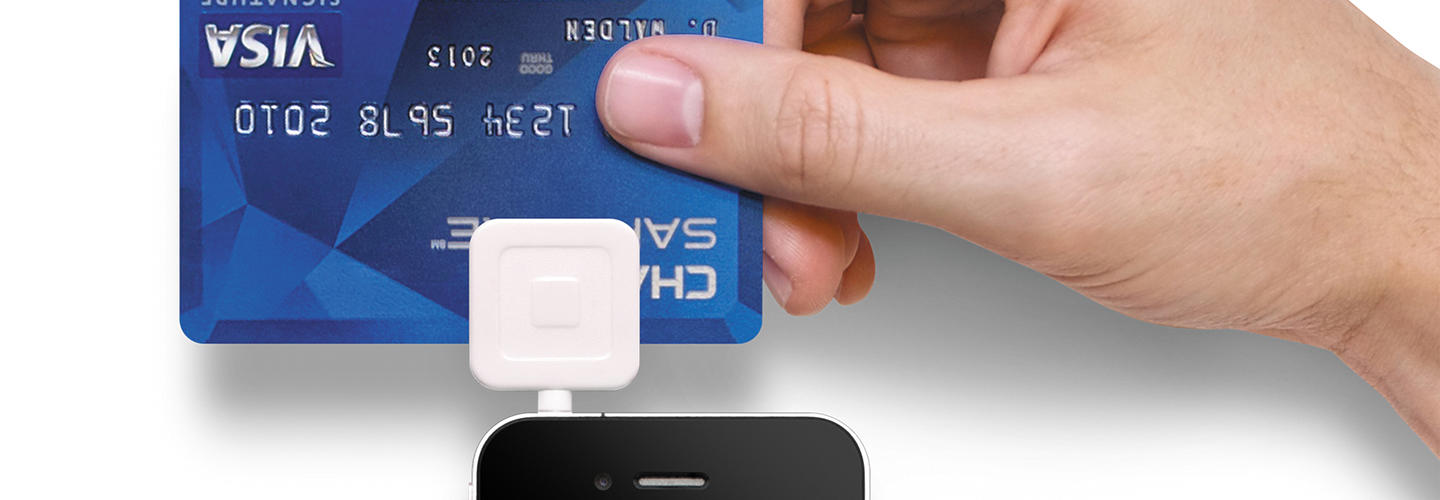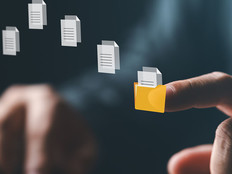The IRS Wants to Use Mobile Tech to Collect Overdue Taxes
Tax Day, the deadline to file individual income tax returns, is fast approaching on April 15. However, the IRS is thinking toward the future when it comes to tax collections.
In late February, the IRS issued a request for information on solutions that would allow it to collect overdue taxes and debts via electronic and mobile means. That could eventually include popular mobile payment applications (think Venmo or Square) or some new kind of solution.
The goal is to streamline revenue collection and make the job of revenue officers easier. As the blog Top Tax Defenders notes, revenue officers are assigned to “check on tax cases that deviate from the norm. It is a revenue officer’s job to assess a case and collect back taxes from businesses and individuals with cases that are out of the ordinary, such as those who owe more than $100,000.”
The RFI states that the IRS is seeking input on “innovative and state-of-the-art, alternative, non-cash payment methods in which Field Revenue Officers (ROs) can collect tax payments electronically while in the field throughout the United States.” Specifically, the RFI calls for information on mobile applications, online venues, Bluetooth low energy beacons, electronic payment devices or other systems that can be used to collect tax payments.
Whatever the solution is, it “must provide ease of use via electronic payment,” but the IRS is interested in a wide range of solutions. These include “any mobile applications, online (internet), print receipt of confirmation, automated payment collection medium, and/or any other technology in which ROs may easily collect tax payments daily without handling cash or checks.”
IRS Seeks Robust Mobile Solutions for Tax Collection
The IRS laid out a wide variety of criteria it is looking for in mobile tax collection offerings. Successful solutions will also need to have web-based or mobile methods for IRS employees “to store, retrieve, monitor, report and enforce said tax payments.” Cybersecurity is also a paramount concern with tax collection, and any solution must protect personally identifiable information and “must comply with security protocols for electronic transmission of financial data and/or other compliance required.”
The IRS asked interested parties whether their mobile apps would be compatible with iOS, Android or other mobile operating systems.
Revenue officers and property appraisal and liquidation specialists may be out in the field in areas with limited cellular service, and the IRS wants to know how prospective vendors would handle that.
“Revenue Officers and/or PALS may be in areas that lack good infrastructure, particularly with respect to internet connectivity. Wireless internet availability may or may not be available, and satellite communications may be necessary,” the agency says.
When connectivity is not available to obtain authorization, the mobile payment device software must securely (according to the Payment Card Industry Data Security Standard) “capture, process, store, and forward the credit card request upon reconnection with the network to the authorizing bank,” the IRS says.
Further, mobile payment devices must be able to read the magnetic strip on credit cards and comply with chip and PIN EMV technology.









